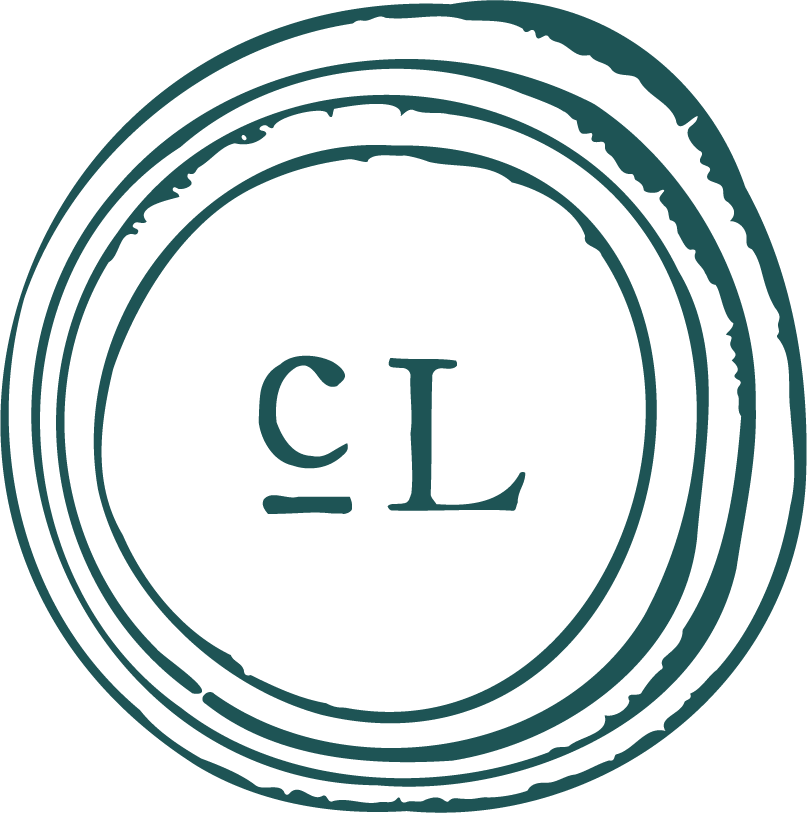Menopause 101: What Women Need to Know
I continue to be stymied by the number of women who come to the clinic saying, “No one ever told me about menopause.” Given that all women go through this transition to varying degrees, it is curious why there is so little information or why the information is so tough to access. This blog is a menopause taster – just a few quick bits to whet your appetite. Hopefully, you’ll learn a few helpful things you didn’t already know.
Menopause, by definition, is the time of a woman’s life that starts a year after her last period. The time of life that precedes the last period is defined as perimenopause. The national mean age is 51 years old.
If you’re over the age of 35 and your doctor tells you you’re too young to have difficulty sleeping, to have a low sex drive, and to have hot flashes, they are incorrect. Any changes to the menstrual pattern and/or development of symptoms after age 35 are considered normal.
Early perimenopause is characterized by high estrogen and low progesterone levels. Late perimenopause and menopause are characterized by low estrogen and low progesterone.
Some symptoms of low estrogen during menopause include hot flashes, night sweats, dry skin, including anything and everything from the eyes to the vagina, increased moodiness which may feel like anxiety or manifest as weepiness, brain fog, and weak bones. Some symptoms of low progesterone during menopause are breast tenderness, headaches, insomnia, fatigue, and bloating or weight gain. Having some, none, or all of these symptoms is normal. The severity of symptoms may ebb and flow; for some women, they never stop. There’s no “off” switch to our hormones.
While the majority of our sex hormones are made in the ovaries (if we have them), some amount of sex hormones are made in the adrenal gland, as well. Adrenals are small glands that sit on the top of the kidneys and are primarily responsible for our stress hormones like cortisol. When our stress level is high, the adrenals will make more cortisol than sex hormones. The more stress, the more hormone imbalance. This is true for women of all ages. Women who don’t have ovaries will still get some sex hormones from the adrenals.
Not only is there a relationship between stress and hormones, but also between gut health and hormones. High levels of bacteria in the gut create elevated levels of an enzyme called beta-glucuronidase. Beta-glucuronidase binds estrogen bound for excretion through the stool and causes the estrogen to be recirculated into the body. We can end up with high estrogen levels in the body because our gut microbiome exacerbates the already fluctuating levels of hormones during menopause.
Another juicy, little-known tidbit is that testosterone is the biochemical precursor to estrogen. Women have and need testosterone to make estrogen. Also, we need cholesterol to make all of our hormones. Women taking statins for high cholesterol may experience menopausal symptoms for this reason.
There are lots of tools available to support menopause and the midlife transition. Menopause is a prime time to modify our lifestyle to include eating lots of vegetables, lots of protein, and less carbohydrates; to optimize our movement so we get the equivalent of 2.5 hours of cardio and 1 hour of strength training every week; and to find healthy ways like journaling and meditation to manage stress as opposed to drinking too much or binge-watching television into the wee hours, habits likely to worsen the symptoms menopause.
In addition to shoring up our lifestyle, there are endless supplements, herbs, body-based therapies, and medications, including hormone therapy, that can be helpful for the right person in the right circumstances.
Menopause is similar to pregnancy and childbirth in that it can be a physically, spiritually, and emotionally demanding transition. Unlike pregnancy, which lasts months, and labor, which, in worst cases, lasts a few days, menopause can go on for years.
Menopause is a marathon and is an endurance sport.
The duration of menopause, typically over the course of years, if not decades, provides ample time for us to find our way. Our bodies force us to take exquisite care of ourselves, ensuring that we live a long life and be who we are meant to be beyond wife, mother, daughter, worker, and whatever other roles we fill. There is no baby at the end of this process, but if tended well, we get ourselves.
I invite you to claim your FREE copy of "How to Eat for Life" and embark on a more balanced and joyful health journey.






